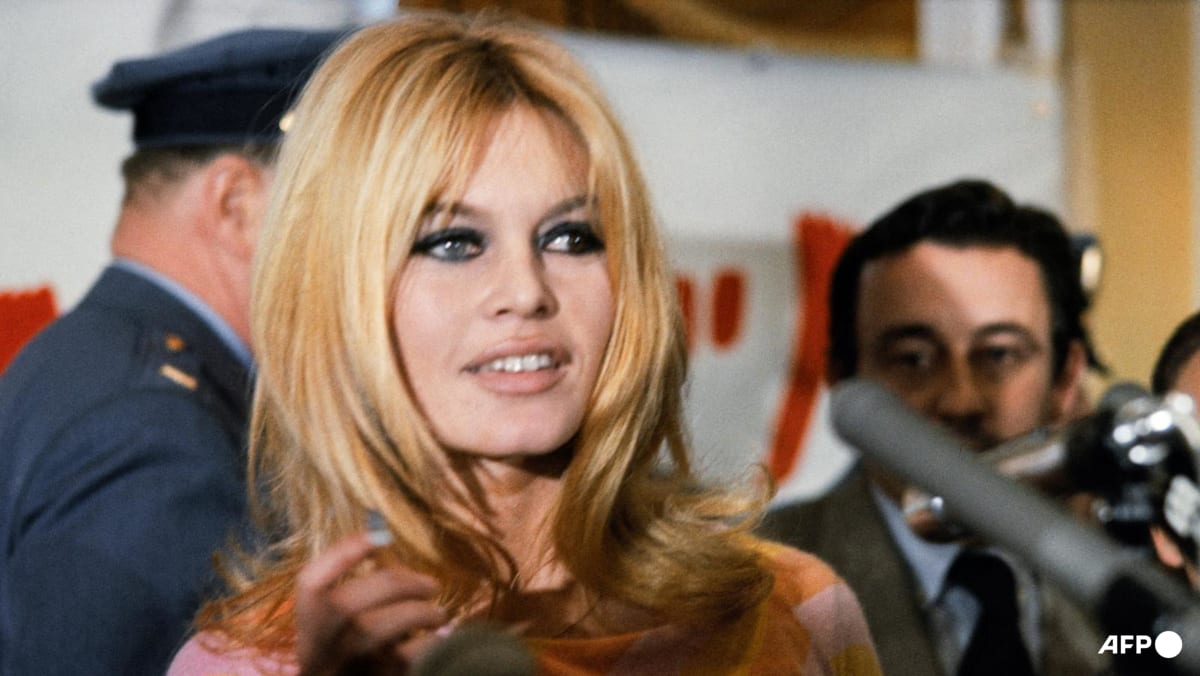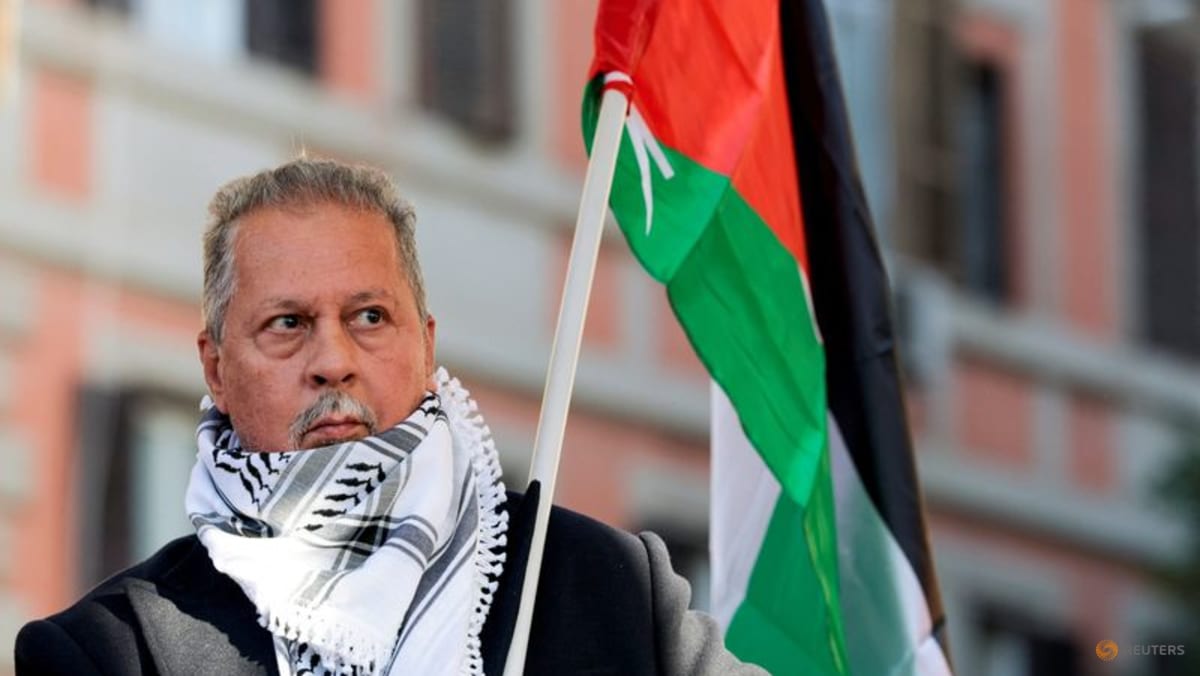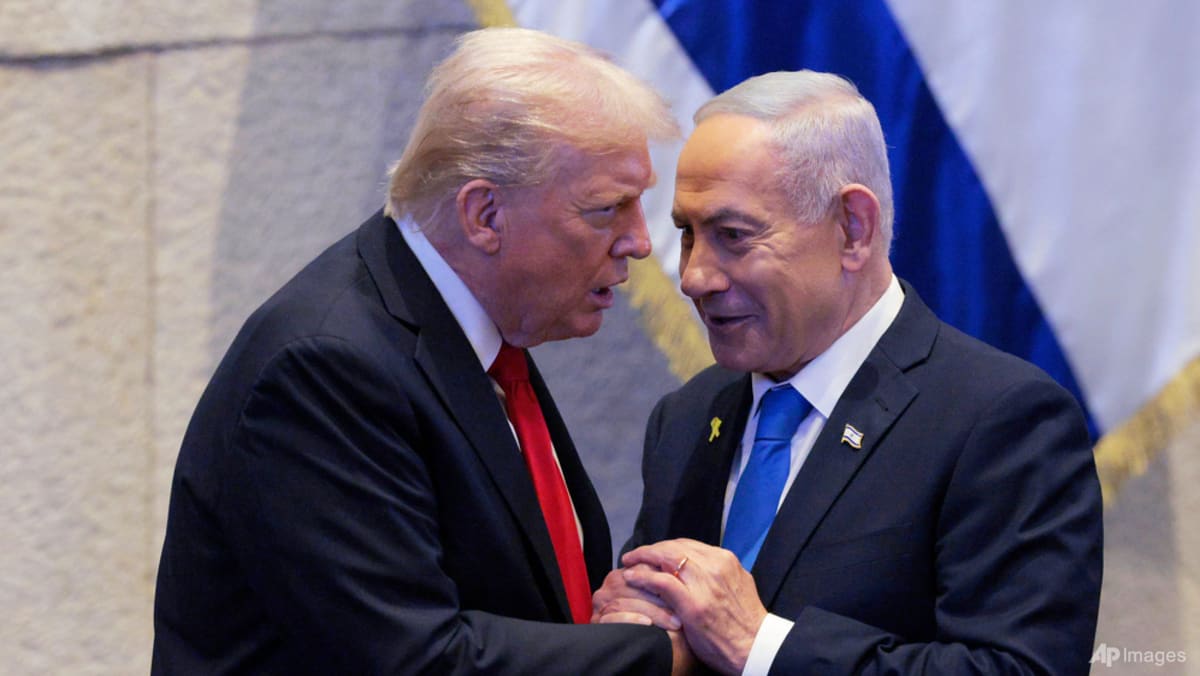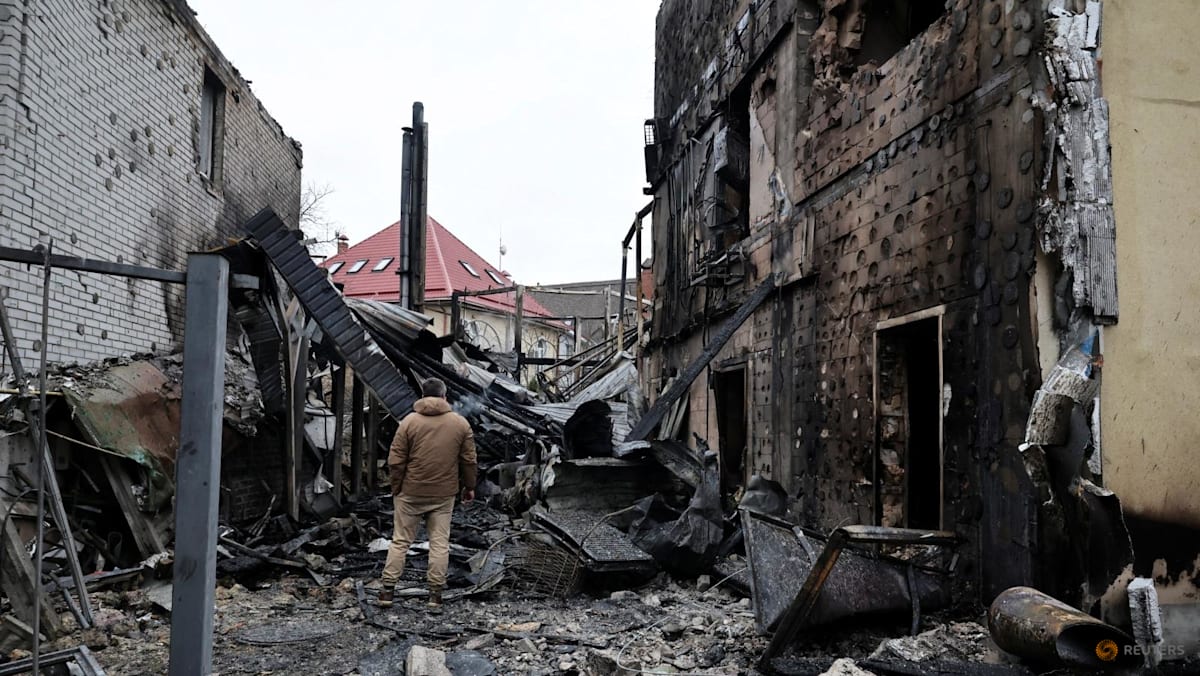Nobel Peace Prize winner says Iranian people will prevail against rulers
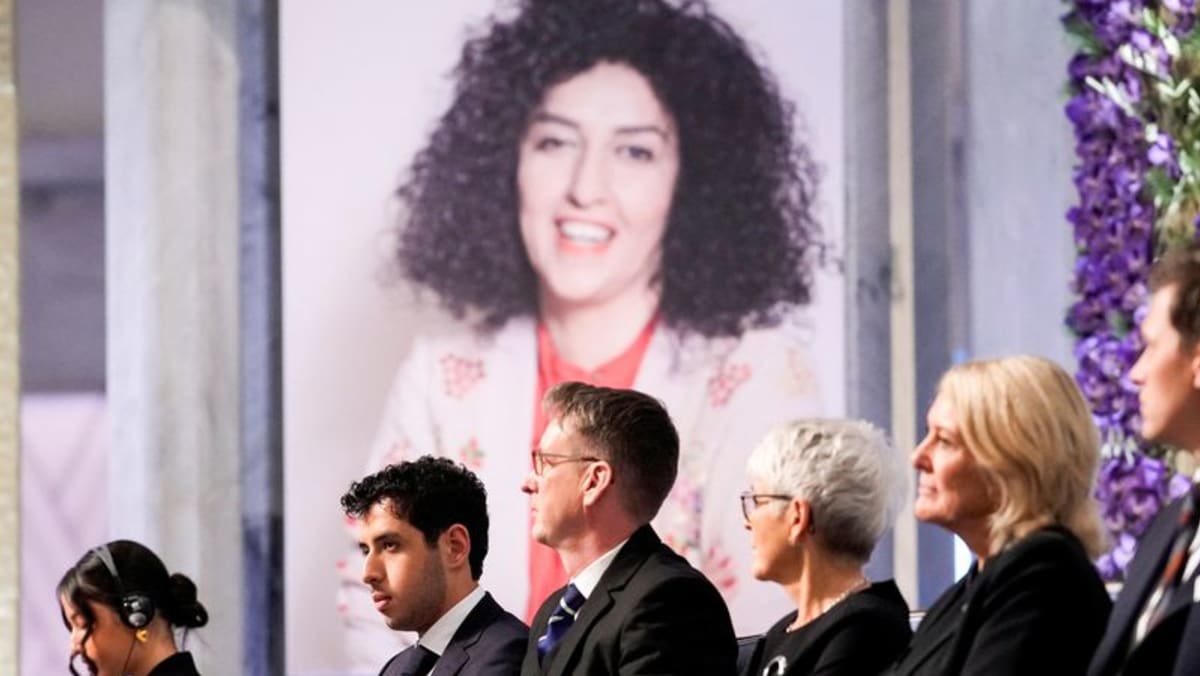
Mohammadi was symbolically represented on stage in Oslo by her portrait and an empty chair, highlighting that she is among only a handful of laureates to be prevented from attending the ceremony since the award’s 1901 inception.
She was awarded the prize just over a year following 22-year-old Mahsa Amini’s death in the custody of Iranian morality police after allegedly violating rules related to the hijab, an Islamic headscarf.
TEHRAN HAS ACCUSED NOBEL COMMITTEE OF MEDDLING
Amini’s death unleashed years of pent-up anger among Iranians over issues ranging from economic misery and discrimination against ethnic minorities to stricter social and political controls.
Women, including schoolgirls, took off and burned hijabs, revolting against laws obliging women to cover their hair and wear loose-fitting clothes during nationwide protests that were put down with deadly force.
“We believe that the mandatory hijab imposed by the government is neither a religious obligation or a cultural tradition, but rather a means of maintaining control and submission throughout society,” Mohammadi said.
Iran has called the protests Western-led subversion, accusing the Nobel committee of meddling and politicising the issue of human rights.
The protest movement, which adopted the slogan – Woman, Life Freedom – has significantly contributed to the expansion of civil resistance in Iran, and went on despite severe government repression, Mohammadi said in her speech.
“The reality is that the Islamic Republic regime is at its lowest level of legitimacy and popular social support,” she said.
“Now is the time for international civil society to support Iranian civil society, and I will exert all my efforts in this regard,” Mohammadi added.
The Nobel Peace Prize is awarded annually on Dec 10, the anniversary of the death of Swedish industrialist Alfred Nobel, who founded the awards in his 1895 will.
Source: CNA




